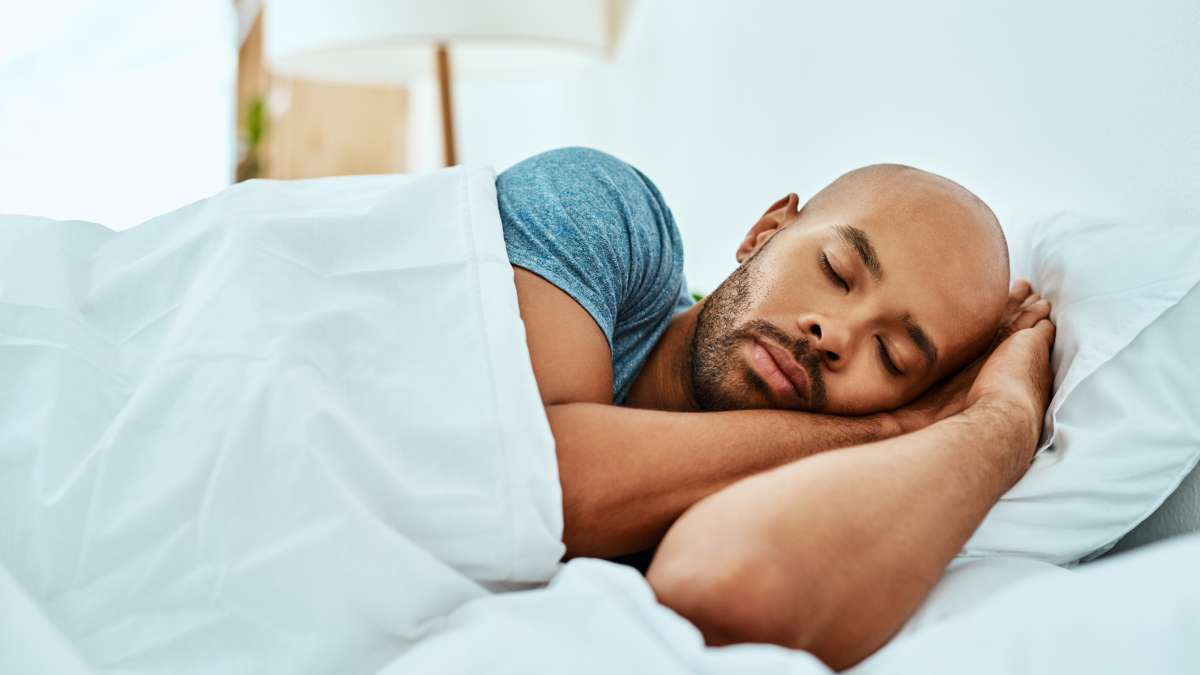In the pursuit of better sleep, many of us focus solely on optimizing our sleep environment or establishing a bedtime routine. While these factors are undeniably important, one often overlooked aspect of improving sleep quality is regular exercise.
Understanding the Exercise-Sleep Relationship
The relationship between exercise and sleep is intricate and multifaceted. Engaging in regular physical activity has been shown to have numerous benefits for sleep, including:
1. Regulating Circadian Rhythms:
- Regular exercise helps regulate your body’s internal clock, also known as the circadian rhythm, which plays a crucial role in regulating sleep-wake cycles.
2. Reducing Stress and Anxiety:
- Exercise is a natural stress reliever, helping to reduce levels of cortisol, the body’s primary stress hormone. Lower stress levels can lead to improved sleep quality.
3. Promoting Relaxation and Sleepiness:
- Physical activity increases body temperature, and the subsequent drop in temperature after exercise can promote feelings of relaxation and sleepiness, making it easier to fall asleep at night.
4. Enhancing Sleep Duration and Quality:
- Studies have consistently shown that regular exercise is associated with both longer sleep duration and better sleep quality.
The Best Types of Exercise for Better Sleep
Not all exercises are created equal when it comes to improving sleep quality. While any form of physical activity is beneficial, some types of exercise may be particularly helpful for promoting better sleep. These include:
1. Aerobic Exercise:
- Activities such as walking, jogging, swimming, or cycling can significantly improve sleep quality.
- Aim for at least 150 minutes of moderate-intensity aerobic exercise or 75 minutes of vigorous-intensity aerobic exercise each week.
2. Strength Training:
- Resistance training, such as weightlifting or bodyweight exercises, can also improve sleep quality.
- Incorporate strength training exercises into your routine at least two days per week, targeting all major muscle groups.
3. Yoga and Pilates:
- Mind-body exercises like yoga and Pilates can help reduce stress and promote relaxation, leading to better sleep.
- Consider incorporating yoga or Pilates into your weekly exercise regimen, particularly in the evening.
Tips for Incorporating Exercise into Your Routine
If you’re looking to reap the sleep-promoting benefits of exercise, consider the following tips for incorporating physical activity into your daily routine:
- Find activities you enjoy: Choose activities that you genuinely enjoy, as you’ll be more likely to stick with them in the long run.
- Be consistent: Aim for at least 30 minutes of moderate-intensity exercise most days of the week.
- Avoid vigorous exercise close to bedtime: While regular exercise can improve sleep, vigorous activity too close to bedtime may have the opposite effect.
Conclusion
Regular exercise is a powerful tool for improving sleep quality and overall health. By incorporating physical activity into your daily routine, you can reap the numerous benefits of exercise, including better sleep, reduced stress, and improved overall well-being.
So lace up your sneakers, hit the gym, or go for a walk, and start reaping the rewards of a more active lifestyle today!

Leave feedback about this